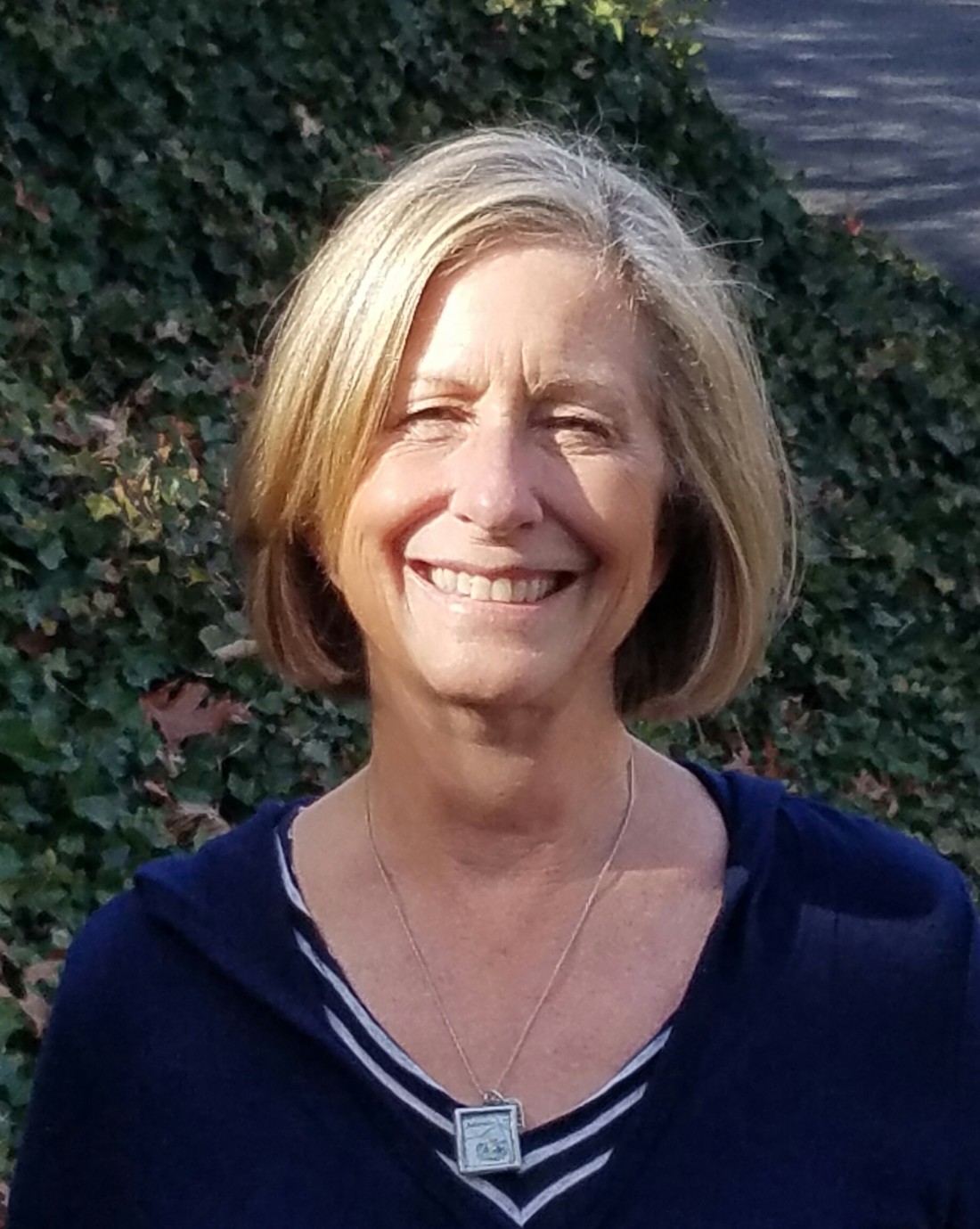BY PAT BASTIAN
In the afterglow of the holiday season, many people find themselves looking ahead to the new year’s possibilities. It’s the perfect opportunity to think about our community and how we might help at-risk children in Asheville who struggle with reading.
For many children, the tipping point comes not at age 16 or 21 but when they’re 8! Research shows that students who can’t read proficiently by the end of third grade are at least four times as likely to drop out of school and/or fall into substance abuse, teenage pregnancy, juvenile crime, etc., thus perpetuating the cycle of generational poverty. Through third grade, students learn to read; from fourth grade on, they read to learn. Research conducted by The Annie E. Casey Foundation in 2010 and 2013 confirmed that low-income children who can’t read proficiently are “all too likely to become our nation’s lowest income, least skilled, least productive and most costly citizens tomorrow.”
Children who read well tend to finish school, complete college and compete successfully for good jobs in our high-tech world. For some kids, however, this race to the top is over before they even reach the starting line. A landmark 1995 study by Betty Hart and Todd R. Risley found that by age 3, children from high-literacy homes have heard 30 million words and have a vocabulary of 1,000 words, whereas children from low-literacy homes have heard 10 million words and have a vocabulary of just 525 words. Already greatly disadvantaged when they enter kindergarten, these children have only a slim chance of catching up. Fortunately, research also shows that with extra learning opportunities, children’s ability to grasp language can be improved dramatically, and they can overcome their early handicap.
Bridging the gap
In the 2015-16 academic year, the Asheville City Schools’ third-grade end-of-year reading test showed that only 26 percent of black and 33 percent of multiracial third-graders could read proficiently, compared with 85 percent of white students. And since 38 percent of the system’s students are black or multiracial, unless we can boost their reading scores, the overall reading proficiency will remain lackluster at best.
In response to the 2010 Annie E. Casey research, the founders of Read to Succeed Asheville decided six years ago to focus on at-risk children in the early elementary grades. Today, R2S volunteers are in all five Asheville elementary schools plus Buncombe County’s Johnston Elementary. Last year, 129 such volunteers provided the Asheville City Schools with 3,782 hours of one-on-one reading support.
“Kevin” (not his real name) is typical of the students we serve. When he entered first grade, he had no reading readiness skills, because he hadn’t attended kindergarten. He didn’t know the alphabet or the sounds associated with letters; he couldn’t distinguish between upper- and lowercase letters and didn’t recognize rhyming words, simple punctuation marks or “sight words” (commonly used words like “why” or “four” that aren’t easily sounded out).
The literacy specialist at Kevin’s school referred him to Read to Succeed for tutoring in our multisensory, phonics-based curriculum. A trained volunteer reading coach became Kevin’s champion, working with him for three years. By the end of third grade, their hard work had paid off: Kevin’s reading ability exceeded grade-level standards.
Without that intervention, Kevin would probably have lagged behind his peers, becoming one more unfortunate statistic in the Asheville City Schools’ disturbing achievement gap.
Read to Succeed believes that learning to read proficiently early on is the best chance — perhaps the only chance — a child from an impoverished family has to rise out of poverty. Our volunteer reading coaches and “buddies” work with children in local public elementary schools one-on-one throughout the school year. Reading coaches meet with their students for 45 minutes twice a week. Their three-month, 40-hour training program includes both classroom and practicum sessions. Coaches are matched with kindergarten or first-grade students and commit to working with the student until he or she completes third grade. Most coaches report that although they initially volunteered to give back to the community, the fulfillment they experience from this relationship is an unexpected bonus.
Our program’s results speak for themselves. Of the 129 students in the program last year, 16 were third-graders who worked with a reading coach; 12 of them improved by one or more grades, and 11 attained grade-level proficiency. Sadly, however, every school that Read to Succeed serves has a waiting list of students hoping to be matched with a volunteer.
The next reading coach training begins Monday, Jan. 16. Please consider turning a couple of hours a week of your time into a lifetime of opportunity for a local child.
Pat Bastian began working with Read to Succeed in 2012 as a volunteer reading coach; she’s now the executive director. To learn more, visit the website at r2sasheville.org, call Diane Amos at 828-747-2277 or email volunteer@r2sasheville.org.




Because reading leads to ideas, critical thinking/research skills, etc which influence one’s actions in life.
Banned Book Week falls upon Sept 27-30 (not even a full week) 2017.
Read some Darwin, Marx, Steinbeck, Bradbury, Twain, Orwell, Malcolm X, etc
Please post more pro reading articles before Jan 20, when the free press is outlawed and libraries are closed and (censored for being called fake news).
Please insert anti education comments below.